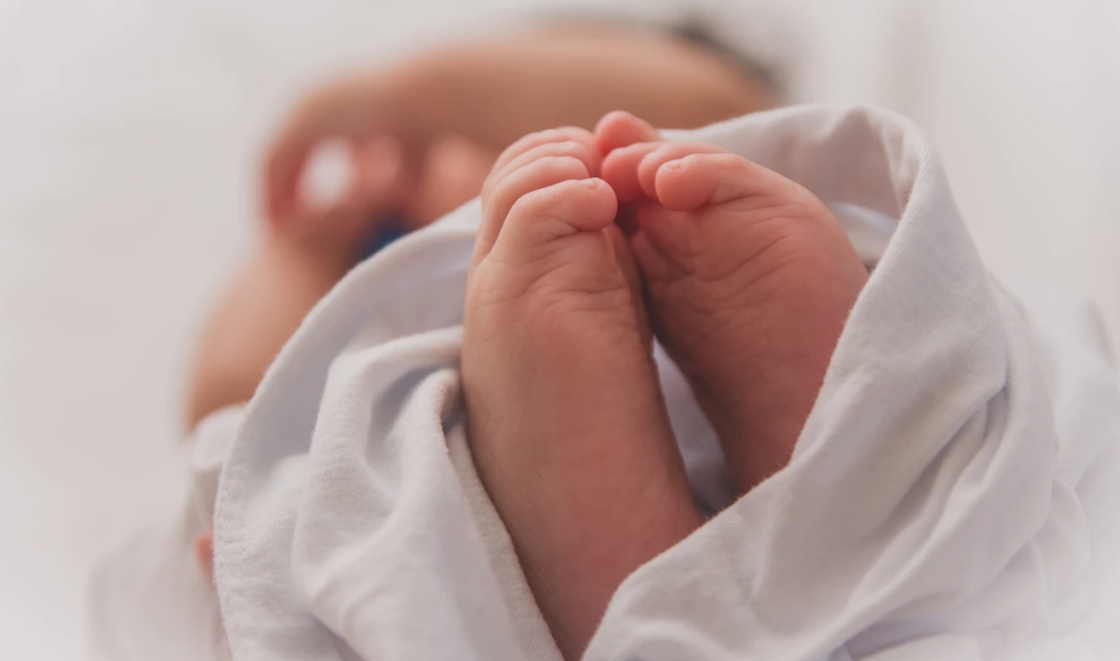A Qualitative Study of Late-Term Miscarriage, Stillbirth, and Neonatal Death [PUDDLES]
The COVID-19 pandemic has changed the way in which people live, and has also provided a rather uncertain time for new parents. We have seen maternity care being delivered in different and often virtual or remote ways in order to keep both pregnant women and their partners, and maternity staff as safe as possible from coronavirus infection. With these changes, we are expecting there to be a psychological impact on women and their partners, especially in circumstances where they suffer a late-term miscarriage, a stillbirth, or when their baby dies shortly after birth. This study aims to better understand the experiences of bereaved parents during the COVID-19 pandemic.
Background to the study
This research study is a global initiative to understand the experiences of bereaved parents during the global COVID-19 pandemic. Researchers at King’s College London are leading on this international collaboration. The results will inform strategies to improve care for bereaved parents during this or any future similar outbreak, and in a post-pandemic time.
The purpose of this study is to understand the experiences of bereaved parents during the current COVID-19 pandemic, and the psychological and social consequences of this pandemic outbreak on parents who experience a late-term miscarriage, stillbirth, or neonatal death. This will help identify areas in which improvements can be made.
We also seek to understand the impact of maternity care changes in response to COVID-19 on the wellbeing of bereaved parents. The death of a baby before or soon after birth is a highly distressing outcome of pregnancy for parents, families, and their healthcare providers. The quality of bereavement care can have lasting consequences for parents’ wellbeing.

Project aims
This project aims to understand:
- The experiences of perinatal bereavement (late-term miscarriage, stillbirth and neonatal death) during the time of the global COVID-19 pandemic, and whether there are differences between women and their partners;
- Whether bereavement is affected by the timing of perinatal loss (i.e. whether loss was late-term miscarriage, stillbirth, or neonatal death);
- The interaction between bereaved parents and healthcare services, including what support networks parents have drawn upon during the Government instituted ‘lockdowns’.
How this research will be carried out
This is a cross-sectional study of women and partners experience a late-term miscarriage, stillbirth, or neonatal death during the COVID-19 pandemic outbreak (i.e., from 30th January 2020 onwards). Bereaved parents will have the opportunity to be interviewed about their experiences, if they want to. The study will attempt to find similarities and differences between parents who suffer a late-term miscarriage, a stillbirth, and a neonatal death.
Currently there is very little information on the psychological impact and mental health of bereaved parents during the COVID-19 pandemic. Preliminary research has found pregnant women are concerned with their pregnancy and birth plans given the urban and quarantine constraints; avoiding visiting their healthcare provider due to concerns that they may be exposed to the coronavirus, and some women are worried about postpartum such as breastfeeding and neonatal care (e.g. vaccinations, screening), but perinatal bereavement has not been widely explored. Given the rapid progressive spread of COVID-19 it is important to address the potential outcomes to both mothers and partners who experience pregnancy loss and/or perinatal death.
More information
The study is being led by the Department of Women & Children’s Health at King’s College London, and has many international collaborating partners. It was adopted by ARC South London in June 2020 and will be completed by 2021.
To take part in this research, please complete the COCOON Survey by clicking the following link, and then leaving your contact details, and we will be in touch to interview you:
https://www.stillbirthcre.org.au/our-research/global-research-study-maternity-care-during-covid-19

